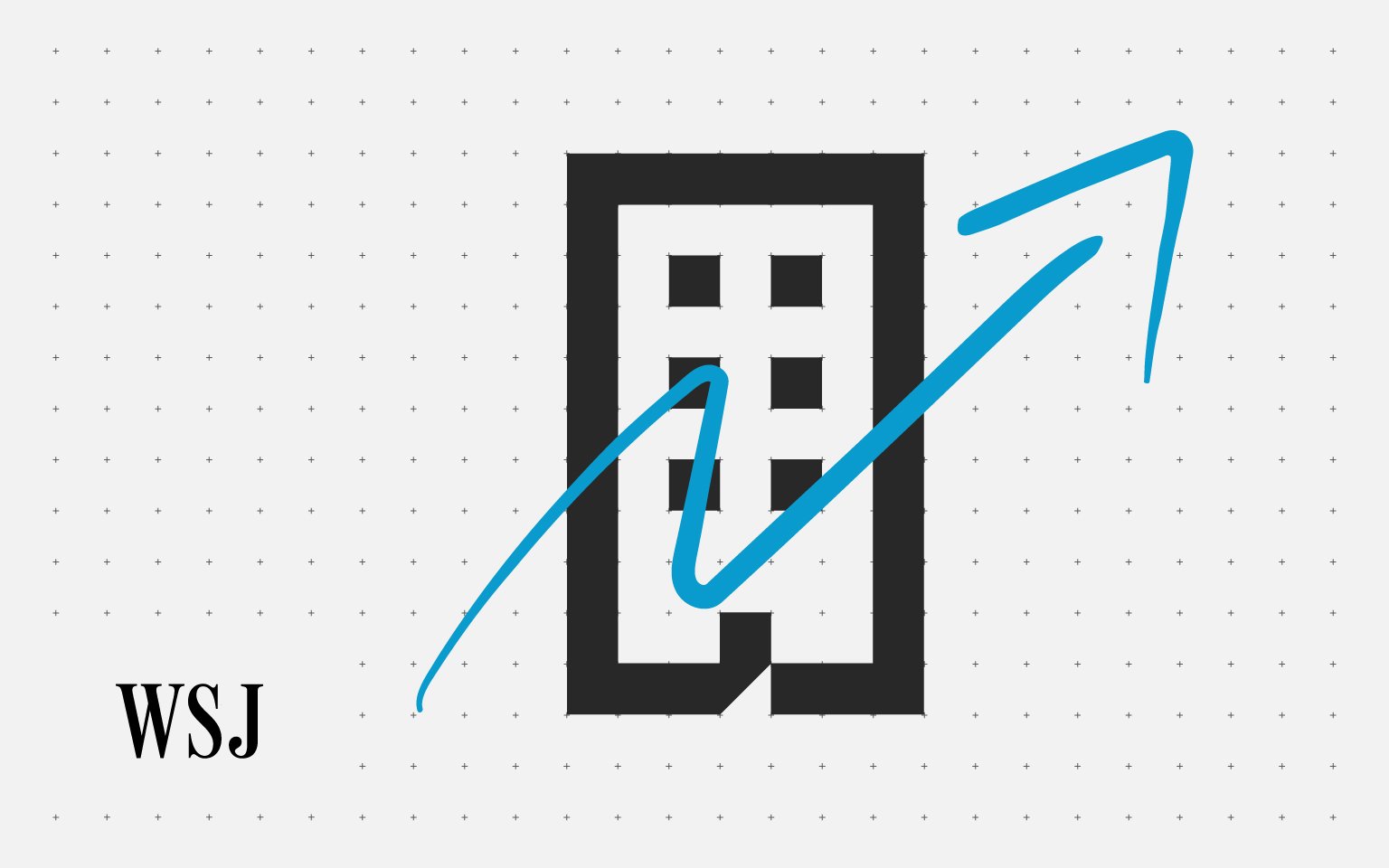
Sustainability, regardless of form, is not a quick-win strategy, nor any one initiative. Sustainability is a mindset. A philosophy. It is the combination of people and processes, technology and a collective responsibility.
For the most part it’s a word that evokes images of lush forests and fields, recycling, and a plastic-less world. There is, however, much more to sustainability than green initiatives. In recent times, attention has begun to focus on organizations and how they interact and impact with the world around them.
The role and influence of global corporations on the world is undeniable. They continue to be the main drivers of digitization, employment, capital, and economic activity. They shape our towns and cities and influence our behaviors as citizens and consumers. Given such importance, the sustainability of these organizations is paramount to societal well-being.
For decades the short-term profits mindset reigned supreme as CEOs and CFOs worked on a balance sheet to balance sheet basis; the name of the game was bumping up that bottom-line balance. Times have since changed and the onus has been well and truly placed on organizations to shift towards long-term thinking as a way of creating sustainable shareholder value.
Beyond profits, we continue to see an increase in impact investment with a new generation of investors examining environmental, social, and governance (ESG) issues and opting for companies who are committed to creating a positive impact in the world around them.
According to the Harvard Business Review, “A sea change in the way investors evaluate companies is under way.” They explain how, “When companies know investors have specific environmental expectations, they tend to improve their practices.” CEOs can no longer point to a lack of incentives. Nowadays, it literally pays to be sustainable.
The Wall Street Journal explains how, “Investors view sustainability as a company’s ability to generate strong business results while navigating the environmental and social challenges its industry faces today and in the future,” while citing examples such as supply-chain disruptions, increased frequency of extreme weather events and the growing competition to attract and retain diverse talent.
We are living in an age of continuous disruption and this has been particularly evident during the COVID-19 pandemic. Companies will increasingly become a mirror of the world they operate in. Without a healthy planet and just society, everything suffers.
Therefore, it is in the best interests of all business to be more sustainable.
Sustainability is a mindset. A philosophy. A combination of people & processes.
There are those who say and those who do. Having been ranked in the Top 100 Most Sustainably Managed Companies in the World, it’s fair to say that Kyocera is the former.
This report is the result of rigorous research which examined the sustainability metrics of more than 5,500 publicly traded businesses in keys areas such as business model and innovation, external social and product issues, employee and workplace issues, transparency, data security, and the environment.
Within these categories, Kyocera Corporation ranked 3rd in the world in Business Model and Innovation and in the top 15 in the world in terms of Human Capital. This approach is nothing new at Kyocera and can be dated right back to the principles of founder and president Dr. Kazuo Inamori which underpin every product, service and interaction with stakeholders. Moreover, beyond the priority of customer satisfaction, Kyocera is determined to work with integrity and full transparency.
Kyocera Document Solutions America, Inc. continues to embody these virtues while adding its own value to the proposition. This is evident through its cutting-edge innovation in both hardware and software, its “Major Player” status in the IDC MarketScape, circular economy initiatives such as its ECO footPRINT Recycling Program, as well as its long-life ECOSYS range of printing devices which help customers drastically reduce their carbon footprint.
Download our free guide and learn how to protect your business.
“We, at Kyocera Document Solutions, are unwilling to rest on our laurels and we will be looking for new ways to become even more sustainable going forward. This will allow us to create even greater shareholder value. Quite frankly, not managing business in a sustainable way actually increases risk to our organization,” says Óscar Sánchez, President and Chief Executive Officer at Kyocera Document Solutions America, Inc. His words are a strong statement of intent that will no doubt catch the eye of ambitious investors.
This period of disruption presents an ideal opportunity to elevate the sustainability of their business. It’s a time to examine in detail business practices across all departments and divisions. For many it will mean getting back to basics: becoming more transparent and people-focused and moving away from a get-rich-quick mindset.
The days of short-term profits are over. Consumers and investors alike no longer wish to be associated with brands who do not act in a responsible or sustainable way. Organizations must accept and embrace this fact or move to one side.
A new wave of socially and environmentally conscious investors ready to reward companies for creating long-term value for society represents a tremendous opportunity for today’s organizations.
Who is going to step up and take advantage?
In everything we do we stay true to who we are.
